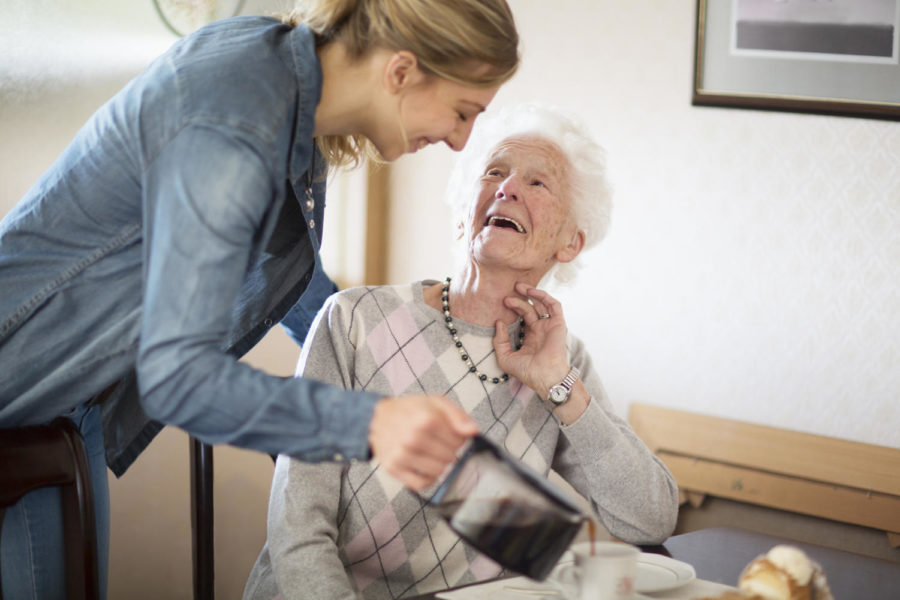Beiwel: Worries of aging result in substandard nursing homes
nursing homes
February 22, 2016
Senior citizens fear nursing homes more than death, according to The EAR Foundation.
While there is no one single cause of this fear, it’s very possible that it’s because of elder abuse. While it can be difficult to ascertain the number of abused individuals due to the nature of the crime in that the victims are dependent upon their abusers, the National Center on Elder Abuse found that 7-10 percent of participants claimed abuse in the preceding year. The actual amount of individuals abused is assumed to be much higher, but a lack of reporting results in skewed numbers. The fact that these incidents of abuse take place is appalling.
Maybe it’s because of the potentially low standard of care they expect in nursing homes. Staffing deficiencies, low budgets and cuts in funding sometimes result in a dreaded experience, rather than another stage of life. Medicaid has in the past severely underfunded people who need its assistance most and has reimbursed nursing facilities below what was needed because of a huge deficit of money in 2013. This is because of several budget cuts caused by new legislature and an inability to keep funding consistent.
Maybe elders don’t want to leave their houses. Change is hard no matter how old you are, and many people value their independence above almost anything else. It must be hard to know you will soon have to rely on others for your daily life. In one study, 64 percent of people over 75 claimed their biggest fear was losing their independence. I can think of almost nothing more worrisome than seeing the end of your life and knowing you will have to experience it possibly out of your comfort zone.
All of this could come together to form the terror many people feel upon the prospect of moving into a nursing home or assisted care facility, but why are nursing homes so understaffed and ignored? I think it stems from America’s pathological fear of aging. One study conducted by Pfizer found that many people lie about their age. This same study concluded that, when asked about getting older, about 36 percent of people report feeling “uneasy.”
Numerous women’s makeup products claim they are anti-aging, can reverse the signs of aging or will give women back the presumably wrinkle face they had in their youth. In making youth a commodity to be sold to those who can fork over the highest bid, we reveal our terror at the prospect of the unavoidable progression of life.
We view every wrinkle and every laugh line as defeat, and every day is a battle toward the inevitable end.
Yes, we’re all going to die one day, and the majority of us are going to die long after our once youthful skin starts to sag. We’re going to get old, and American products’ assurances that we can all do that while looking like 22 year olds rings false and instills a deeper fear that has a more negative impact than we may realize.
Aging is a weakness, according to popular belief. We assume our elders are incapable of cognitive thoughts, of being independent, and we see ourselves many years down the road in them. Our belittlement of people older than 62, who make up 16.2 percent of the population according to the 2010 census, feels like an attempt to differentiate them from us and pretend that we will not walk in their shoes.
What wonder is it then that people don’t want to enter places that may appear to be the final codifier in their status as “old?” Who wants to be set apart and forgotten in a nursing home?
I also believe this pathological fear of aging that persists in American pop culture is why substandard nursing home care is often ignored in the media and political debates. We don’t want to acknowledge we may be doing wrong to the people we are afraid to become.
















